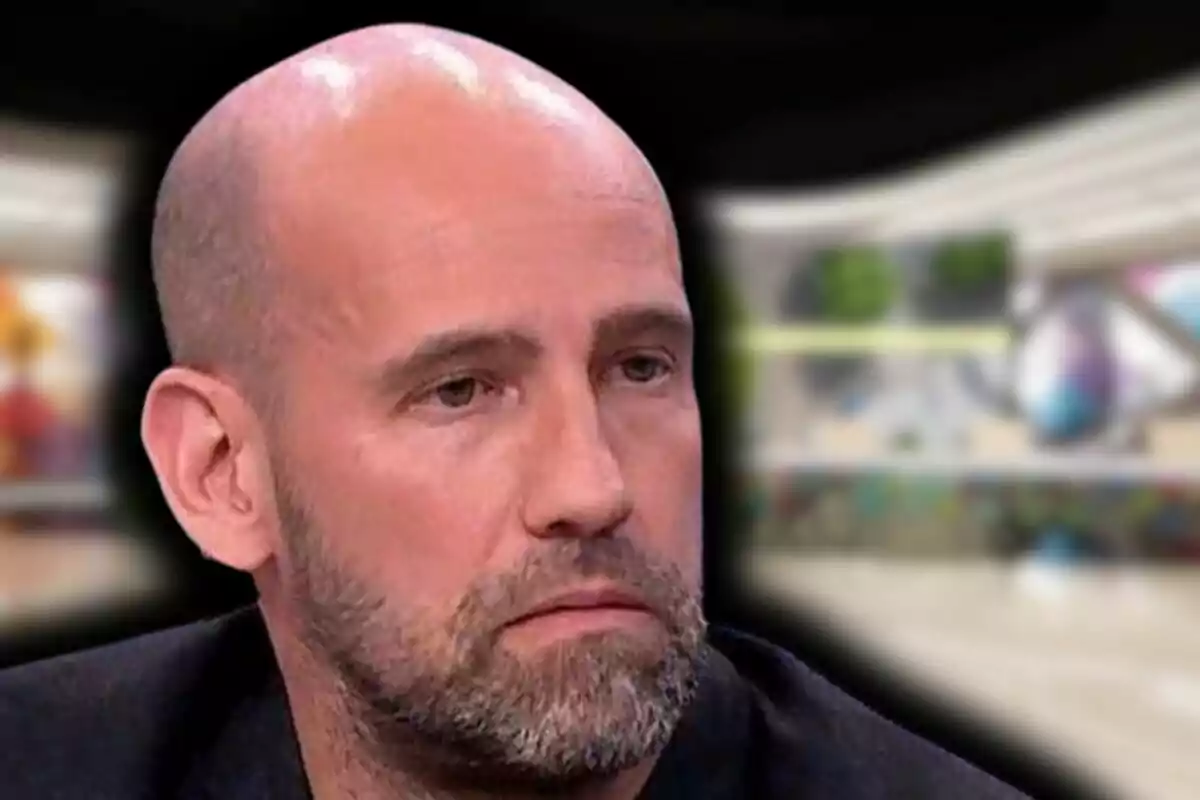The set of Espejo Público experienced one of its most tense mornings. Gonzalo Miró, a regular contributor, broke the rhythm of the debate by launching a direct reflection on the recent case of Santos Cerdán, the main figure in a controversy that directly affects PSOE. What nobody expected was that another comment he made about Alberto Núñez Feijóo would cause an unexpected problem at the debate table.
Everything happened live, and it was so forceful that for a few seconds the set was left in absolute silence. Gonzalo Miró's words not only made an impact because of their frankness, but also because they targeted two of the most prominent figures in politics. Why did this commotion arise? What exactly did Miró say that made those present uncomfortable?
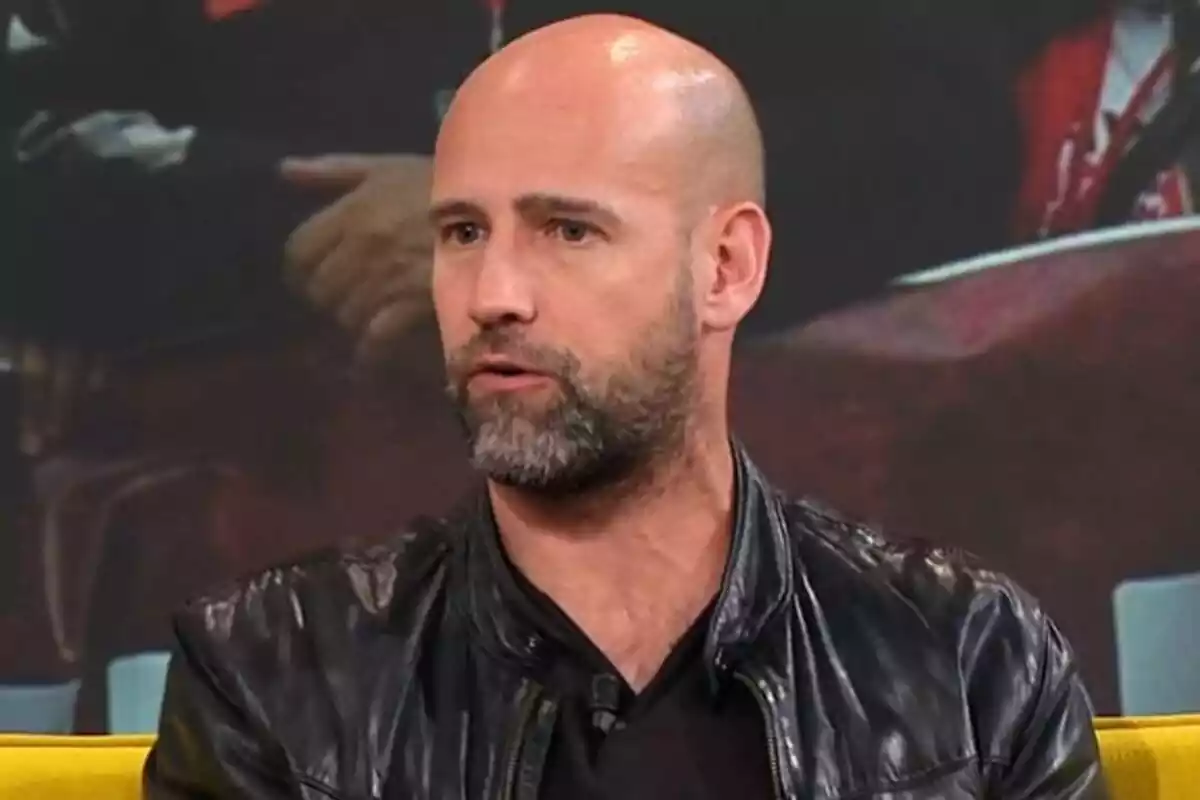
Gonzalo Miró speaks out on Espejo Público about the Santos Cerdán case
The Santos Cerdán case has become a headache for PSOE. The latest information about his alleged involvement in a corruption scheme has shaken the party and sparked an open debate in the media.
It was in this context that Gonzalo Miró took the floor on Espejo Público to analyze the situation. With a critical tone, Miró stated that Cerdán will act according to what the lawyers tell him from Soto del Real prison. In his view, everything is focused on seeking the lowest possible sentence.
These words already caused some discomfort at the table, but the tension rose to another level when the contributor went further and described Cerdán's latest moves as "strange." He doesn't understand why he handed in his deputy's certificate knowing he could go to prison within 48 hours (48 h). "Between handing in the certificate and the testimony he gave before the judge..." he hinted.
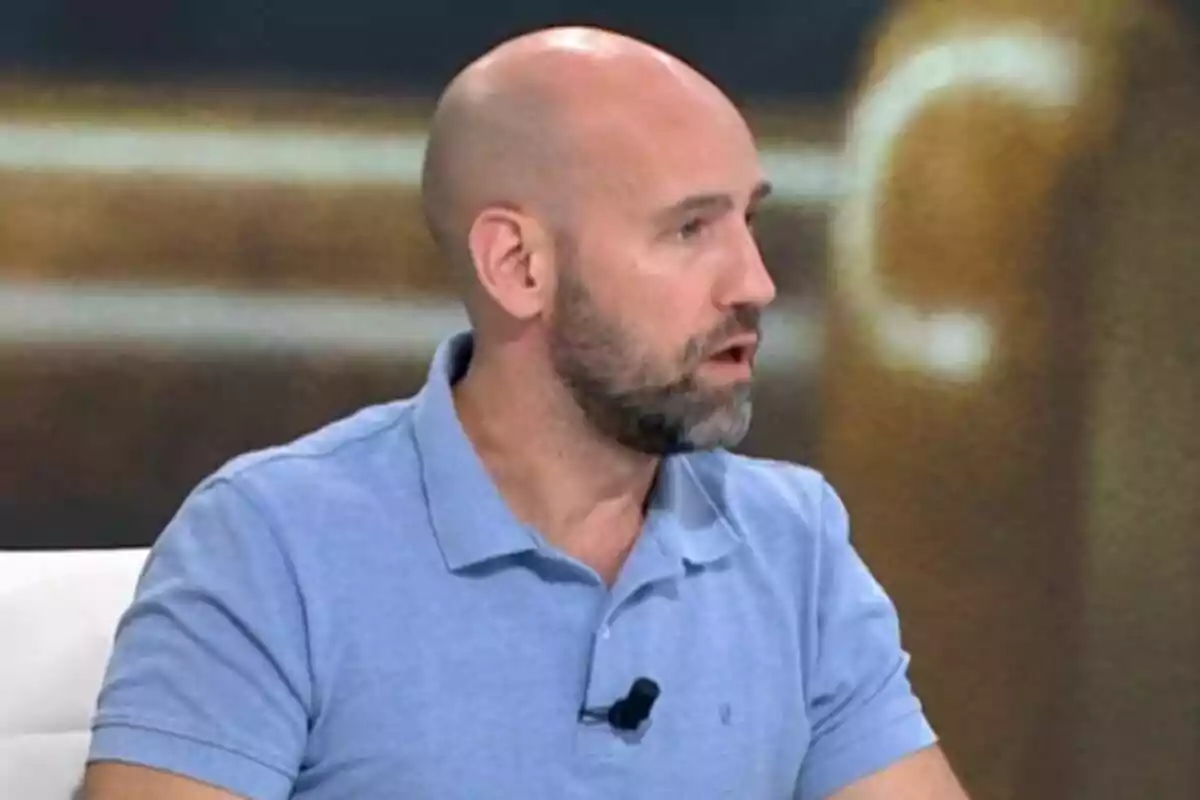
At this point, Gonzalo wanted to be critical of what he considers is not the best way for the government to act. Pilar Miró's son believes that "measures must be taken that the government still isn't taking."
Gonzalo Miró's comment about Feijóo causes absolute silence on Espejo Público
Once he expressed his view on Santos Cerdán and the government, Gonzalo Miró addressed Partido Popular with a clear warning. In his opinion, "PP can't come and give lessons on fighting corruption." Although he was open to other parties debating the issue, he stressed that they can't be the ones to set the moral standard.
However, the comment that ended up stirring the set was when he made an ironic remark about the wishes of some voters. "I might think: 'let's see if PP and Vox finally come to save us from the rise in housing prices and the country's corruption,'" he said.
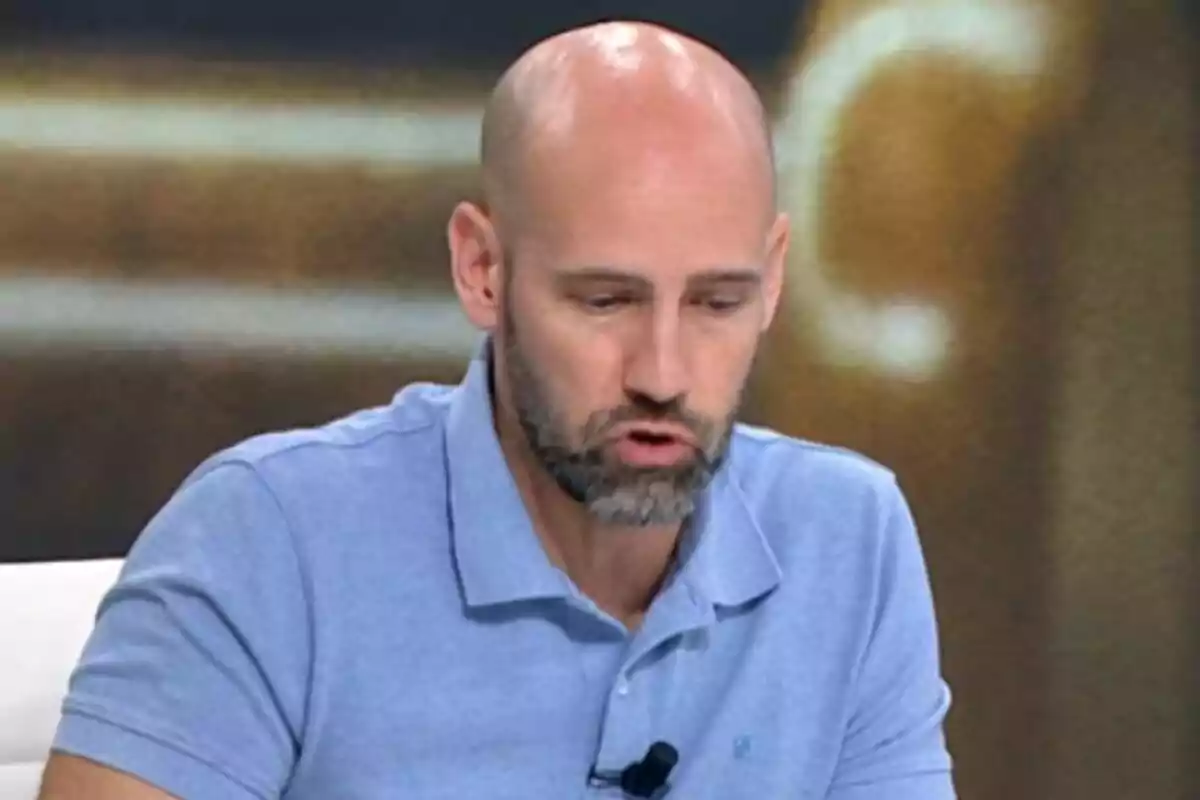
Up to that point, the table kept a serious and expectant tone, but the atmosphere changed radically. "I'm not saying that Feijóo is the one pointing fingers at others for corruption. This guy used to go on vacation with a drug trafficker," he pointed out.
Susanna Griso, host of Espejo Público, intervened after a silence to clarify her colleague's comment: "When he went on vacation, he was a smuggler." The nuance was intended to soften the impact of the statement, but the damage was already done. The reaction of some contributors was evident: tense looks, silence, and even uncomfortable gestures.
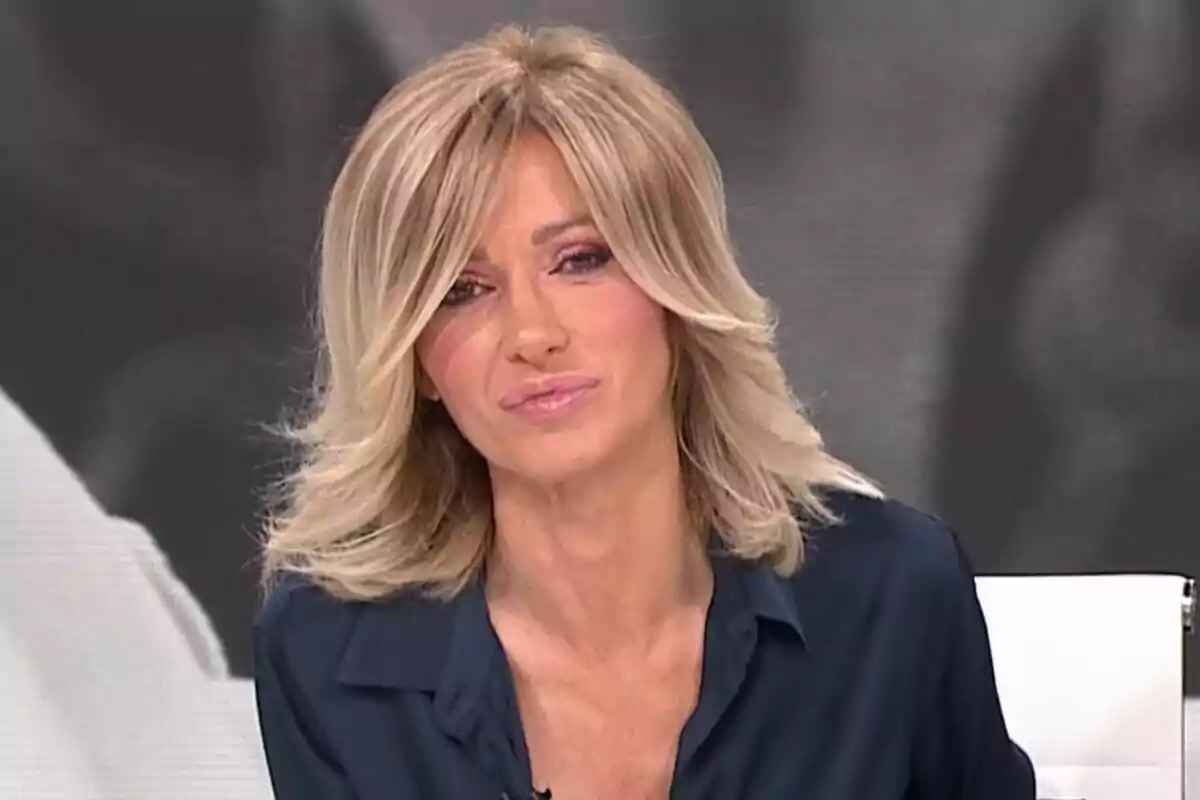
The tension was palpable, and after a few seconds of confusion, Gonzalo Miró defended himself firmly. "I didn't say he was a drug trafficker," he clarified in response to the commotion his comment about the PP leader had caused. The clarification wasn't enough to stop the heated debate that followed.
The silence that followed the words of Gonzalo Miró on Espejo Público was no coincidence: it reflected the impact of an uncomfortable truth. With his intervention, he once again put forward the fine line between legitimate political criticism and media controversy.
